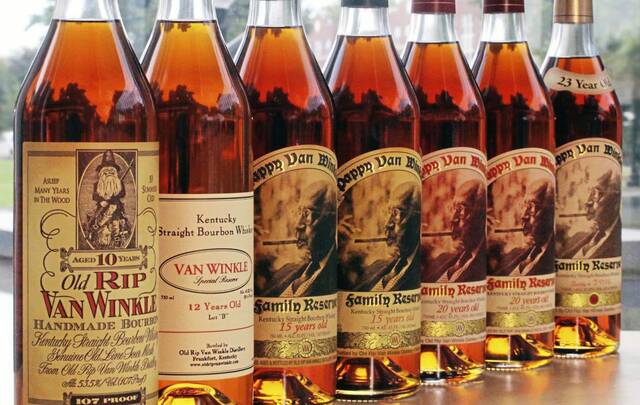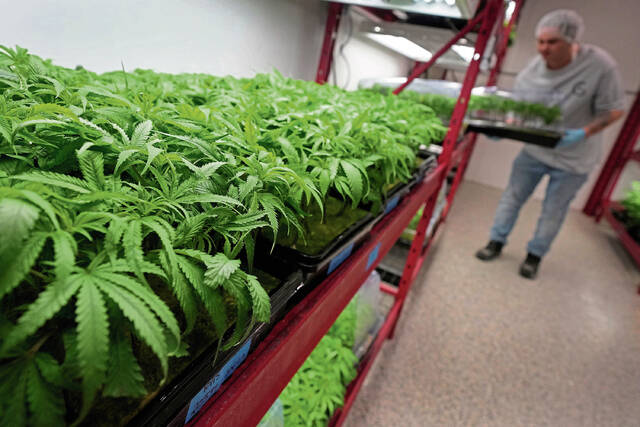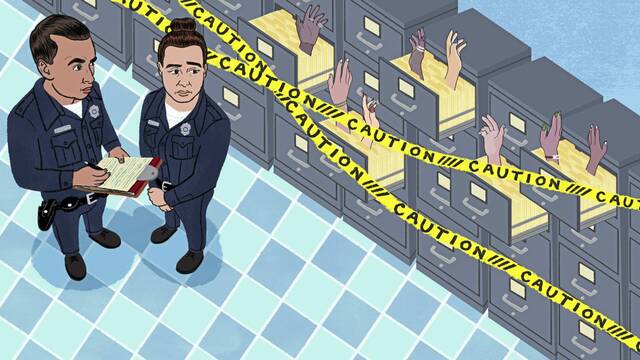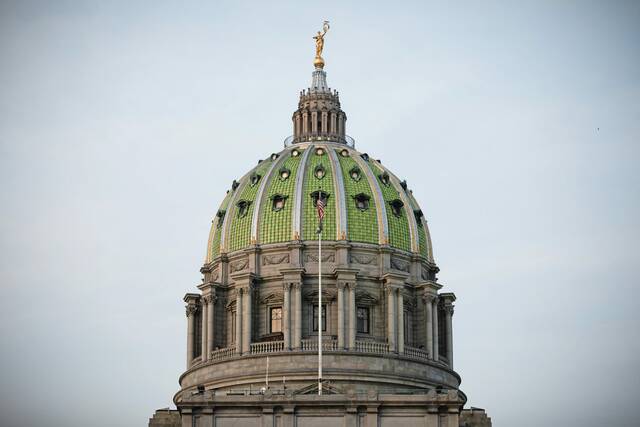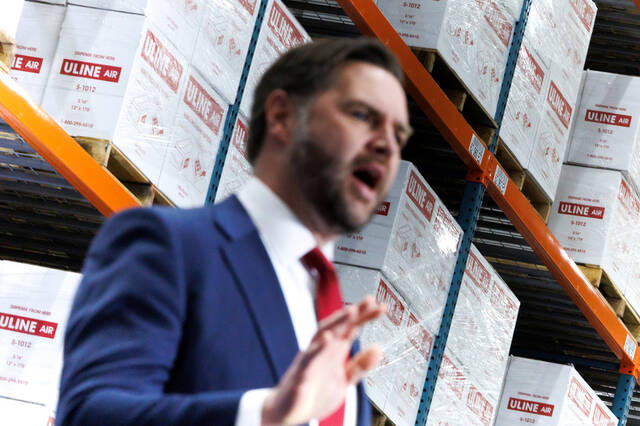Competition for the limited-release of high-end Pappy Van Winkle products offered by the Pennsylvania Liquor Control Board last month in a lottery didn’t include any bourbon enthusiasts who work for the agency.
Neither did it include any of those 6,800 employees’ spouses, agency board members, their children regardless of where they live, or any adult, related or not, who lives under their roof.
That’s the result of a new policy the PLCB put in place to restore the integrity of its limited-release lotteries and avoid any appearance of impropriety in the way they work.
The ban comes after a former board member and four of the agencies’ top executives got first dibs on buying bottles left over from a 2019 and a 2020 lottery before the public was aware of any bottles still available for purchase.
A state auditor’s discovery of this insider arrangement spurred a State Ethics Commission investigation. It resulted in none of the five being charged with violating the ethics law.
The policy change announced to employees in late October isn’t sitting well with some — Michael Troyan, a liquor store manager and president of the 700-member Independent State Store Union, among them.
He considers this restrictive policy to be draconian especially since it extends beyond employees.
“We are being punished for a lack of judgment by higher-ups,” Troyan said. “If the lottery is run honestly and efficiently the way it’s supposed to be, there shouldn’t be any problems with us having our names in there because it’s an anonymous lottery.”
Troyan said he never won, but regularly entered the PLCB’s lotteries for the expensive bourbons in the past.
He wrote a letter to the board members and top agency executives last month demanding the new policy be repealed.
The PLCB, however, is standing firm. Its chief counsel Rodrigo Diaz said in a letter to Troyan that the agency is within its right to impose such a policy.
Diaz further said he hopes that Troyan will consider how with employees’ responsibility as stewards for the citizens they serve that “taking away purchase opportunities from those individuals could be viewed as self-serving and detrimental to the best interest of our agency.”
He also pointed out that such prohibitions are not uncommon with other employers including in state government. The Pennsylvania Gaming Control Board regulations bar casino employees from gambling in any casino owned by their employer. State law bans lottery employees and close family from playing lottery games.
The agency also has changed how it handles the lotteries themselves. Now, it ensures there are no leftover bottles by picking a back-up list of lottery winners and not selling any limited-release products outside of those lotteries.
Spokeswoman Elizabeth Brassell noted the agency’s board considered banning employees and/or their immediate family members from being eligible for the lotteries in 2015 before the first lottery was held. She said the recent events that spurred the ethics investigation prompted the agency to revisit the issue.
Troyan pointed out this isn’t the first time employees have had to bear some punishment in the fallout of actions by PLCB leadership.
In 2014, the agency’s former CEO Joe Conti, former board Chairman Patrick Stapleton and former marketing and merchandizing director James Short were found to have violated the ethics act by accepting gifts from vendors and failing to disclose that on their ethics forms.
That scandal resulted in a “code of conduct crackdown on all employees that is still felt today,” Troyan said. As an example, he said that resulted in restrictions on employees’ dating, marrying or fraternizing with vendors.
Troyan further faults the PLCB members for never holding a public discussion about the policy change and instead, approving it internally. Brassell said a policy decision doesn’t require a formal board vote but was unanimously supported by all three board members.
Brassell said board chairman Tim Holden was experiencing health issues and unable to offer comment on the matter. Messages left on Friday for the other board members Mary Isenhour and Randy Vulakovich were not returned.
Wendell Young, president of United Food and Commercial Workers Local 1776 which represents the thousands of liquor store clerks, also isn’t enamored with the new policy.
“I think it’s overboard to say they can’t participate at all,” Young said. “As long as they’re not participating where it gives them any inside advantage, I think they should be able to participate in the lotteries themselves. I certainly don’t think they should bar family members or anyone in their household.”
But he also said he finds it appropriate that the agency’s leaders took steps to ensure no PLCB or any other commonwealth employee be given an advantage on any surplus bottles of these limited-release products.
Young applauds the board for taking steps to protect the integrity of the liquor lotteries as well as the agency’s reputation that frequently draws attacks from lawmakers who call for privatizing the state-run liquor system.
In time, he said, he thinks the board may revisit this latest lottery policy change.
“I think it’ll land somewhere else in the future,” Young said. “Just my own personal belief.”


